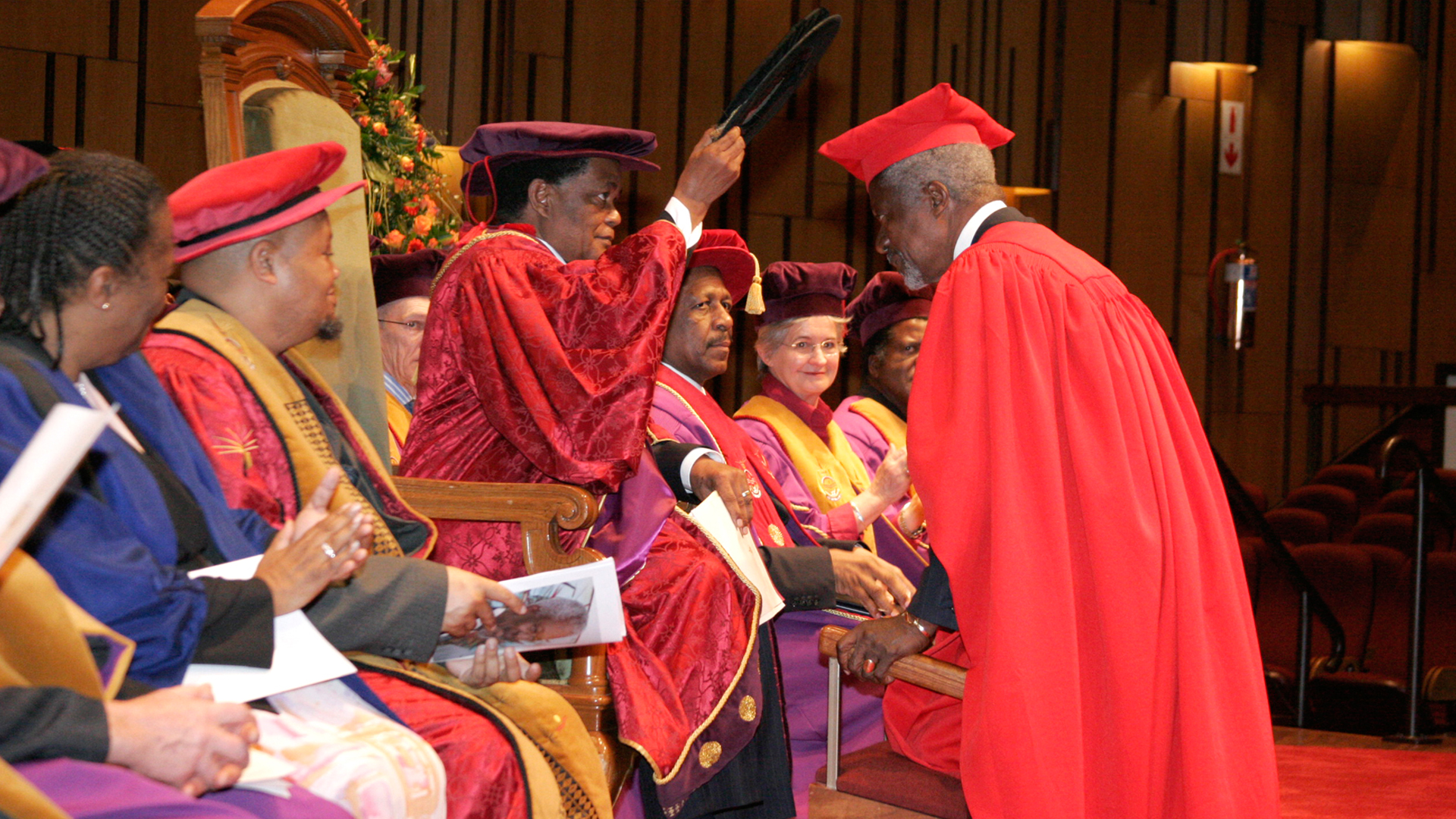From Ivory tower to market place
In 2005, Unisa hosted a conference titled From Ivory Tower to Market Place: What Future for the University in South Africa? Bringing together thought leaders from around the country, the conference interrogated a worldwide shift in research priorities and policies, funding patterns, and the balance of power between administrators and academic staff. The central theme was the tension between two opposed visions of what a university should be — a tension whose resolution has since become even more pressing.
Traditionally, ‘ivory tower academics’ in the Western world subscribe to an ethos of freedom from political or commercial control and see intrinsic value in pursuing knowledge: knowledge does not have to be immediately ‘useful for anything’; it permeates civilisation in complex ways.
By contrast, a university ‘geared to the market’ emphasises practical outcomes and attracts students on the basis that it will make them eminently employable. It brands itself along the lines of a modern corporation and strives for corporate ideals of efficiency.
At present, even though South Africa’s universities strike an uneasy balance between ivory tower and market-orientated sensibilities, market orientation is, to all appearances, on the ascent. It is, however, not without its opponents.
